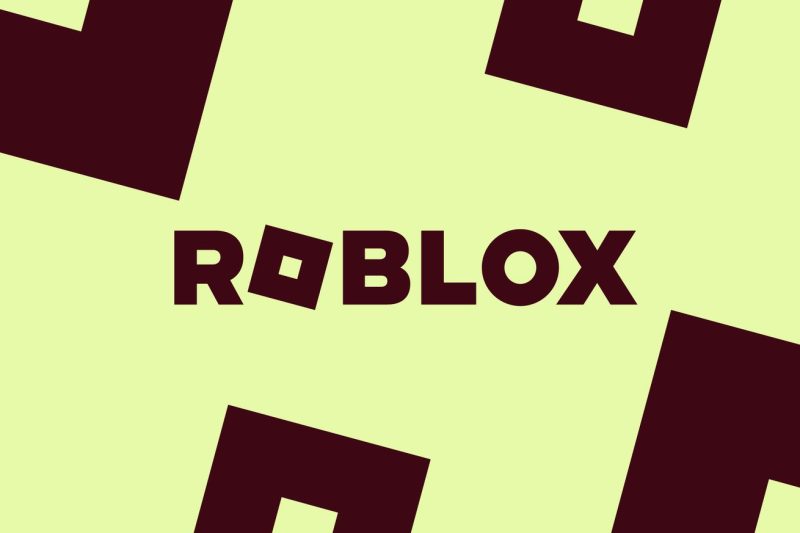Turkey Blocks Roblox: A Controversial Decision
The decision by Turkey to block access to the popular online gaming platform, Roblox, has sparked widespread debate and controversy among both Turkish citizens and the international community. This move by Turkish authorities raises important questions about internet freedom, censorship, and the impact of such actions on the public.
The ban on Roblox in Turkey comes as part of a larger crackdown on online content deemed inappropriate or offensive by the government. This has led to concerns among citizens and human rights activists about the erosion of freedom of expression and the right to access information online.
Roblox, a popular platform that allows users to create and share their own virtual worlds and games, has gained millions of users worldwide, including a significant user base in Turkey. The ban has not only disrupted the gaming experiences of Turkish players but has also raised concerns about the broader implications of internet censorship.
The Turkish government justifies its decision to block Roblox by citing concerns about the potential negative impact of the platform on children, including exposure to inappropriate content and potential risks to their mental health. While protecting children online is undoubtedly a critical issue, many critics argue that blocking access to a popular gaming platform is not the most effective solution.
The ban on Roblox in Turkey is also seen as part of a broader pattern of increased censorship and restrictions on internet freedom in the country. In recent years, Turkish authorities have blocked access to social media platforms, news websites, and other online content deemed critical of the government or contrary to the country’s values.
Critics of the ban argue that it sets a dangerous precedent for further censorship and restriction of online content in Turkey. They argue that the government should focus on implementing measures to protect children online without resorting to blanket bans on popular platforms like Roblox.
In response to the ban, many Turkish citizens have turned to virtual private networks (VPNs) and other tools to circumvent the restrictions and access Roblox. This has raised questions about the effectiveness of internet censorship measures in the digital age, where users can easily bypass restrictions to access blocked content.
As the debate over the ban on Roblox in Turkey continues, it raises important questions about the balance between internet freedom and regulation, the role of governments in controlling online content, and the impact of censorship on the rights of citizens. The case of Roblox in Turkey serves as a reminder of the complex challenges posed by the digital age and the need for thoughtful and balanced approaches to addressing them.

